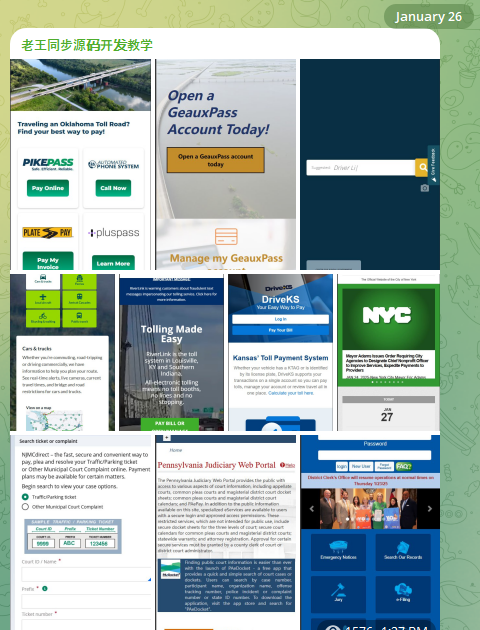How Phished Data Turns into Apple & Google Wallets

Credit to Author: BrianKrebs| Date: Tue, 18 Feb 2025 18:37:26 +0000
Carding — the underground business of stealing, selling and swiping stolen payment card data — has long been the dominion of Russia-based hackers. Happily, the broad deployment of more secure chip-based payment cards in the United States has weakened the carding market. But a flurry of innovation from cybercrime groups in China is breathing new life into the carding industry, by turning phished card data into mobile wallets that can be used online and at main street stores.
Read More





